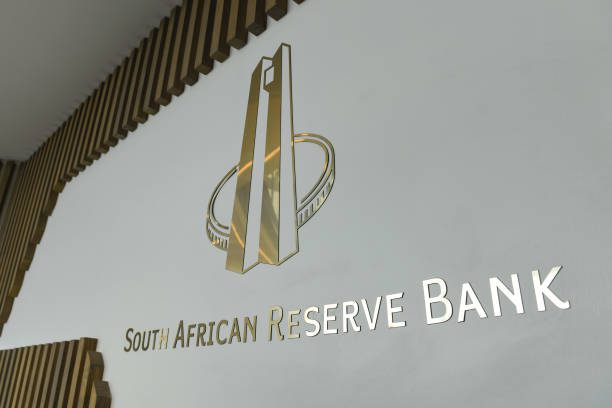South African Reserve Bank (SARB) Governor Lesetja Kganyago has emphasized the need for the country to maintain a period of low inflation before the central bank can consider further interest rate cuts. His remarks come at a time when South Africans are anxiously awaiting the Monetary Policy Committee’s (MPC) upcoming decision on interest rates, scheduled for September 19, 2024.
The context for this anticipation is provided by recent data from the Consumer Price Index (CPI), which reported in August that headline inflation had decreased to 4.6% year-on-year, a notable decline from the 5.1% recorded in June. This latest figure represents the lowest inflation rate seen in three years, equaling the 4.6% rate recorded in July 2021.
The SARB’s broader objective is to stabilize inflation and secure price-growth expectations firmly within the midpoint of its targeted 3%-6% range. Kganyago, while acknowledging the drop in inflation, advised that this improvement should be interpreted with caution.
“It was this time last year that we had an inflation reading that was at 4.7%, and there was excitement around it,”
Kganyago noted, underscoring that short-term gains in inflation reduction have previously been followed by subsequent increases.
“Lower inflation is always welcome, but what was needed to be seen was sustained low inflation, and indeed, the South African Reserve Bank was proved to have been correct because a few months later, inflation crept up,”
he explained. According to Kganyago, the MPC will only feel confident in reducing interest rates once inflation consistently moves closer to the 4.5% mark, demonstrating a sustainable downward trend.
In late August, the Public Servants Association (PSA), which represents over 245,000 public servants, issued a public appeal for the Reserve Bank to consider cutting interest rates in light of the recent decline in inflation. The PSA argued that the reduction in the annual CPI should translate into tangible relief for consumers, particularly by lowering costs in essential areas such as transport and food.
South African households have faced significant financial pressure in recent years due to elevated borrowing costs and the high cost of living. Despite the positive inflation news, the PSA pointed out that the interest rate remains at historically high levels, exacerbating these challenges.
The PSA urged the MPC to take this into account during its September meeting and advocated for a reduction of at least 25 basis points in the interest rate.
“Such a decision would alleviate financial pressures on households and bolster consumer confidence,”
the association stated, reflecting a sentiment shared by many who are hoping for a reprieve from the current financial strains.
As the date for the MPC’s decision draws closer, the focus will remain on whether the SARB believes that the current trajectory of inflation is sustainable enough to justify a cut in interest rates, balancing the need for economic stability with the pressures faced by South African consumers.

















